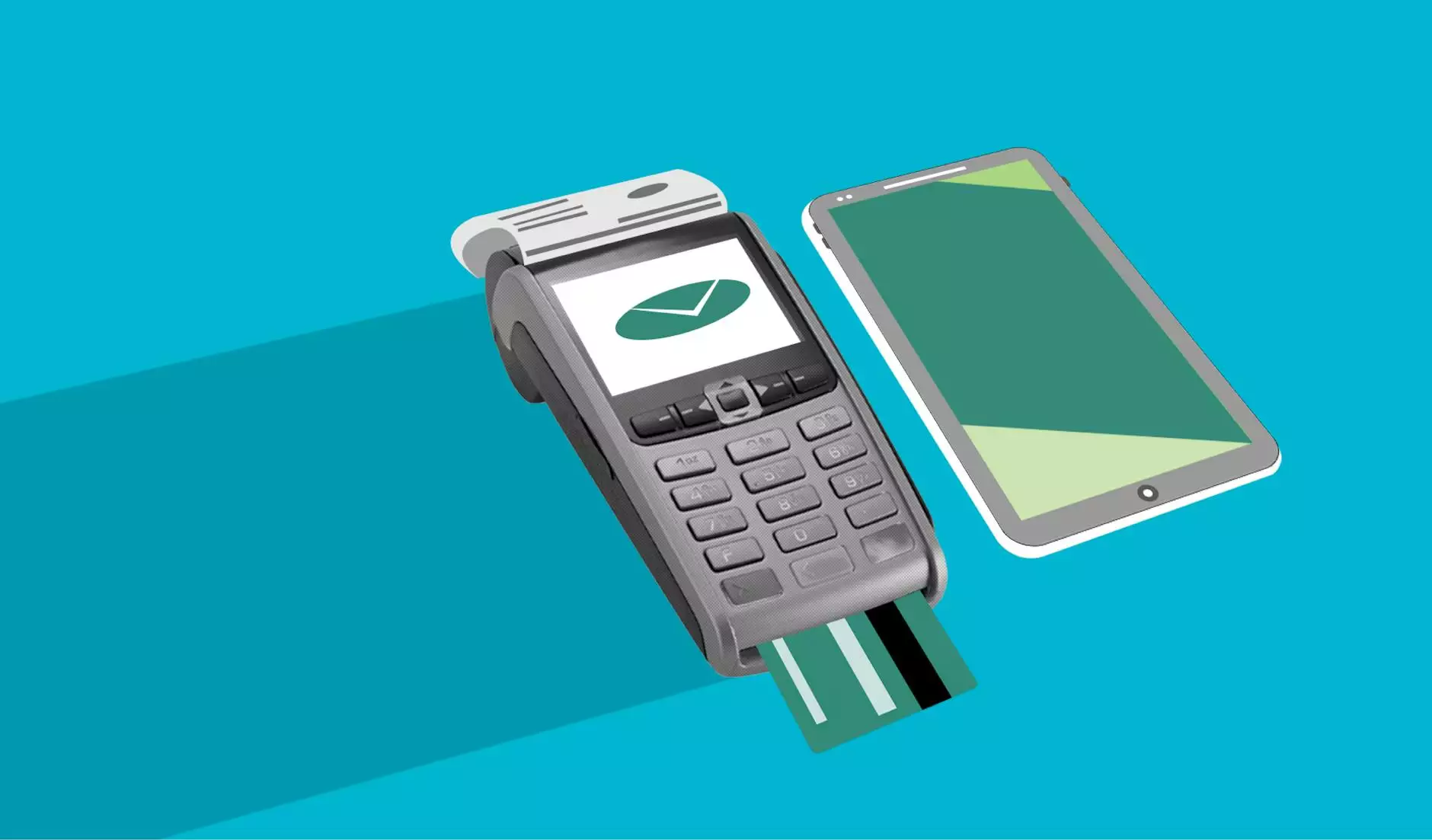The Ultimate Guide to Porting Game from Unity to Unreal

Are you a game developer looking to enhance your projects by porting them from Unity to Unreal Engine? This comprehensive guide will walk you through the process and provide valuable insights to help you make a successful transition.
Understanding the Differences Between Unity and Unreal Engine
Before diving into the porting process, it's essential to understand the fundamental differences between Unity and Unreal Engine. While both engines are powerful tools for game development, they have unique features and capabilities that set them apart.
Unity:
Unity is known for its user-friendly interface and ease of use, making it a popular choice for indie developers and small studios. It offers a wide range of assets and plugins, making it easier to prototype and develop games quickly.
Unreal Engine:
On the other hand, Unreal Engine is renowned for its stunning graphics and visual effects capabilities. It provides advanced tools for creating photorealistic environments and cinematic experiences, making it a preferred choice for AAA game developers.
Benefits of Porting from Unity to Unreal Engine
Porting your game from Unity to Unreal Engine can unlock a plethora of benefits, including:
- Visual Fidelity: Unreal Engine's rendering capabilities can elevate the visual quality of your game, providing more realistic graphics and immersive environments.
- Performance Optimization: Unreal Engine is optimized for high-performance gaming, allowing you to achieve smoother gameplay and enhanced frame rates.
- Advanced Toolset: Unreal Engine offers a robust set of tools for animation, physics, and audio, empowering you to create intricate and dynamic game experiences.
- Community Support: Unreal Engine has a vibrant community of developers and resources, making it easier to find solutions to your technical challenges.
Porting Process: Step-by-Step Guide
Now, let's delve into the step-by-step process of porting your game from Unity to Unreal Engine:
1. Assess Your Game Assets
Begin by evaluating your game assets, including scripts, models, textures, and audio files. Identify any compatibility issues between Unity and Unreal Engine that may arise during the porting process.
2. Convert Assets to Unreal Engine Format
Convert your assets to Unreal Engine's compatible formats to ensure seamless integration. Pay close attention to shaders, materials, and textures to maintain the visual integrity of your game.
3. Reconstruct Game Logic
Adapt your game logic and scripts to Unreal Engine's programming language and architecture. Make necessary adjustments to ensure your game functions correctly in the new environment.
4. Test and Optimize
Thoroughly test your ported game in Unreal Engine to identify and resolve any bugs or performance issues. Optimize your game for the platform to deliver a smooth and enjoyable gaming experience.
Conclusion
Porting your game from Unity to Unreal Engine can be a rewarding endeavor that opens up new possibilities for creativity and innovation. By following this guide and leveraging the unique strengths of each engine, you can elevate your game development projects to new heights.
For more insights on game development, be sure to visit Pingle Studio, where we specialize in Art Galleries, Graphic Design, and 3D Printing.
porting game from unity to unreal








